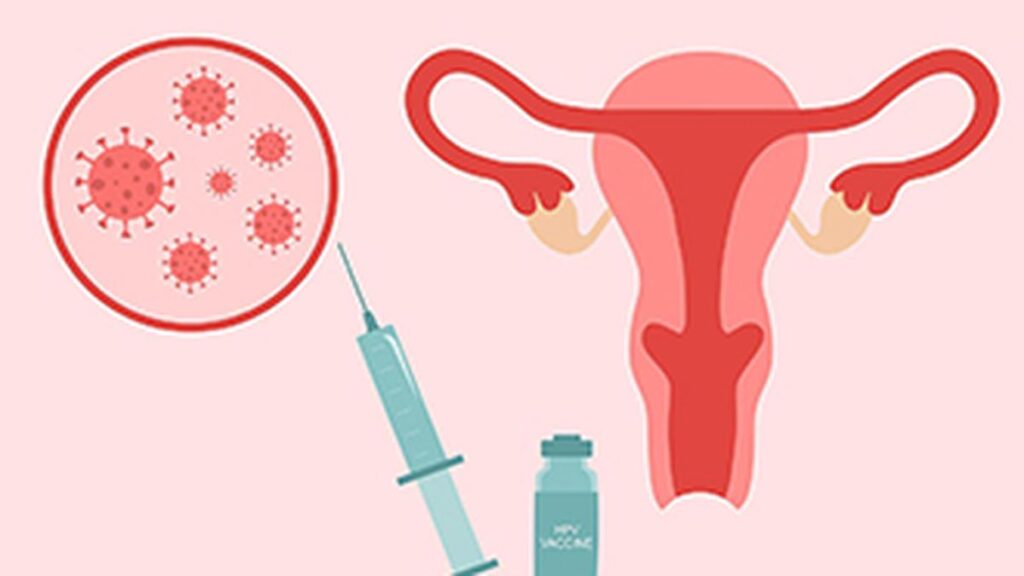
The main cause of cervical cancer is a virus called human papillomavirus (HPV). Photograph used for representational purposes only
| Photo Credit: Getty Images
The cervix is the lower part of the uterus that connects to the vagina. Cervical cancer starts when the cells in the cervix begin to grow abnormally. These changes in the cells often take years to develop, which is why regular check-ups are very important. Early changes, known as precancerous conditions, can be detected through a routine pap smear.
Cervical cancer is a major health issue for women around the world. However, it is one of the easiest cancers to prevent and treat if diagnosed early. With the right knowledge about its causes, symptoms, and prevention, women can reduce the risk of cervical cancer.
Causes and risk factors
The main cause of cervical cancer is a virus called human papillomavirus (HPV). This virus spreads through sexual contact. Most people who get HPV never even know they have it because the body usually fights it off on its own. But sometimes, the virus doesn’t go away and can cause abnormal changes in the cervix that might turn into cancer later.
Certain factors increase a woman’s risk of cervical cancer. Unprotected sexual intercourse, smoking, hormonal contraceptives, and sexually transmitted diseases can all contribute to this risk.

Symptoms to watch for
In the early stages, cervical cancer usually doesn’t cause symptoms, which is why regular screenings are vital. As it progresses, women might notice signs such as an unusual discharge or bleeding between periods, bleeding after sexual intercourse, or bleeding after menopause. Other symptoms can include pelvic pain, pain during sexual intercourse, heavier-than-usual periods, or unexplained weight loss. If you have any of these symptoms, it is recommended to see a doctor right away.
Cervical cancer screening is essential for prevention and early detection. The two main tests used are the Papanicolaou (Pap) test and the HPV screening. The pap test looks for abnormal changes in cervical cells, while the HPV screening checks for the virus that can cause these changes.
Doctors recommend that women start getting pap tests at age 21 and continue every few years based on their age and medical history. For women aged 30 to 65, combining a pap test with an HPV test every five years is another effective option. Regular screenings can help catch any issues early, making treatment more successful and significantly reducing the risk of developing cervical cancer.

Prevention is key
When it comes to cervical cancer, one of the best ways to prevent it is by getting the HPV vaccine. This vaccine works best when given before exposure to the virus, usually between the ages of 9 and 12. However, it is still helpful for people up to age 45 and, in some cases, even older. Boys also receive the HPV vaccine, as it not only protects them from penile, anal, and throat cancers, but also contributes to reducing the overall transmission of the virus, benefiting public health.
Healthy habits also go a long way in reducing the risk of cervical cancer. Quitting smoking, eating a balanced diet, practicing safe sex, and staying physically active can all help. It is also crucial to follow up on any abnormal test results and get regular check-ups.

Treatment options
If a woman is diagnosed with cervical cancer, treatment will depend on how far the cancer has progressed. In the early stages, surgery may be enough to remove the cancer. For more advanced cases, radiation therapy or chemotherapy (or both) may be given. These treatments work to destroy cancer cells and stop them from spreading.
Being diagnosed with cervical cancer can feel overwhelming, but it is important to remember that many women recover and go on to lead full, healthy lives. Having support from family, friends, and healthcare providers can make a big difference. There are also many support groups and organisations that offer help and resources for women and their families during this time.
A message of hope
Early detection through regular screenings, HPV vaccinations, and healthy lifestyle choices can significantly reduce risks. By staying informed about the importance of these measures, women can take proactive steps to protect their health and prevent cervical cancer.
Scheduling regular screenings and discussing the HPV vaccine with your doctor are crucial actions to take. Early detection can lead to more effective treatments, improve outcomes and save lives. Together, we can work towards a future where cervical cancer is no longer a threat. Empower yourself today by prioritising your health and making informed decisions that can lead to a healthier tomorrow.
(Dr. Shruthi Sreedhar is a consultant, obstetrics and gynaecology, Kauvery Hospital, Alwarpet, Chennai. [email protected])
Published – March 19, 2025 12:50 pm IST

